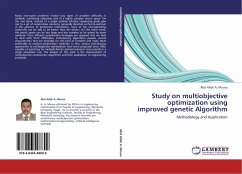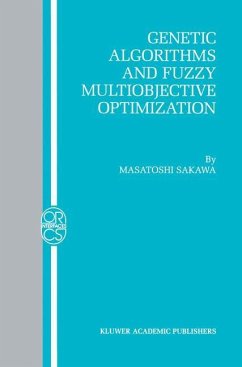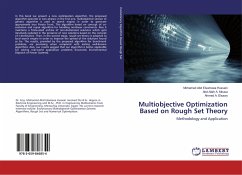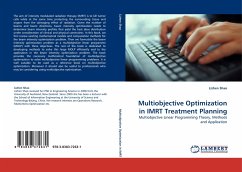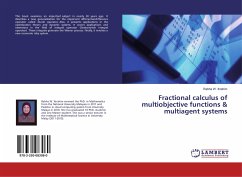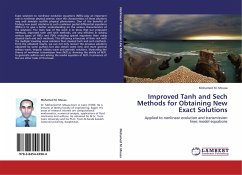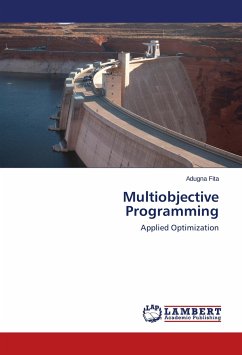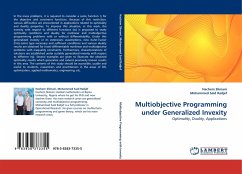Many real-world problems involve two types of problem difficulty: I) multiple, conflicting objectives and II) a highly complex search space. On the one hand, instead of a single optimal solution competing goals give rise to a set of compromise solutions, generally denoted as Pareto-optimal. In the absence of preference information, none of the corresponding trade-offs can be said to be better than the others. On the other hand, the search space can be too large and too complex to be solved by exact methods. Thus, efficient optimization strategies are required that are able to deal with both difficulties. Evolutionary algorithms possess several characteristics that are desirable for this kind of problem and make them preferable to classical optimization methods. In fact, various evolutionary approaches to multiobjective optimization have been proposed since 1985, capable of searching for multiple Pareto optimal solutions concurrently in a single simulation run. The subject of thiswork is the improvement of multiobjective evolutionary algorithms and their application to engineering problems.
Bitte wählen Sie Ihr Anliegen aus.
Rechnungen
Retourenschein anfordern
Bestellstatus
Storno

